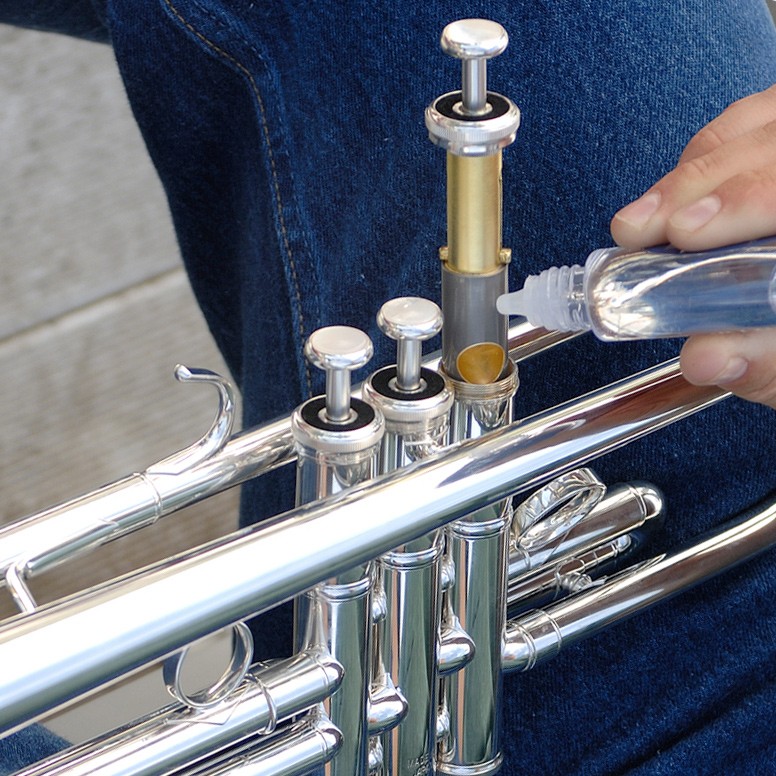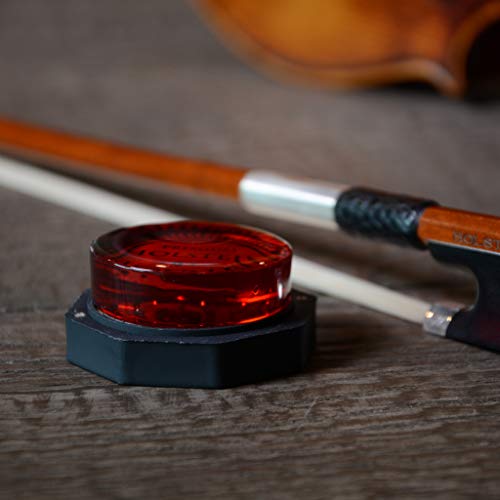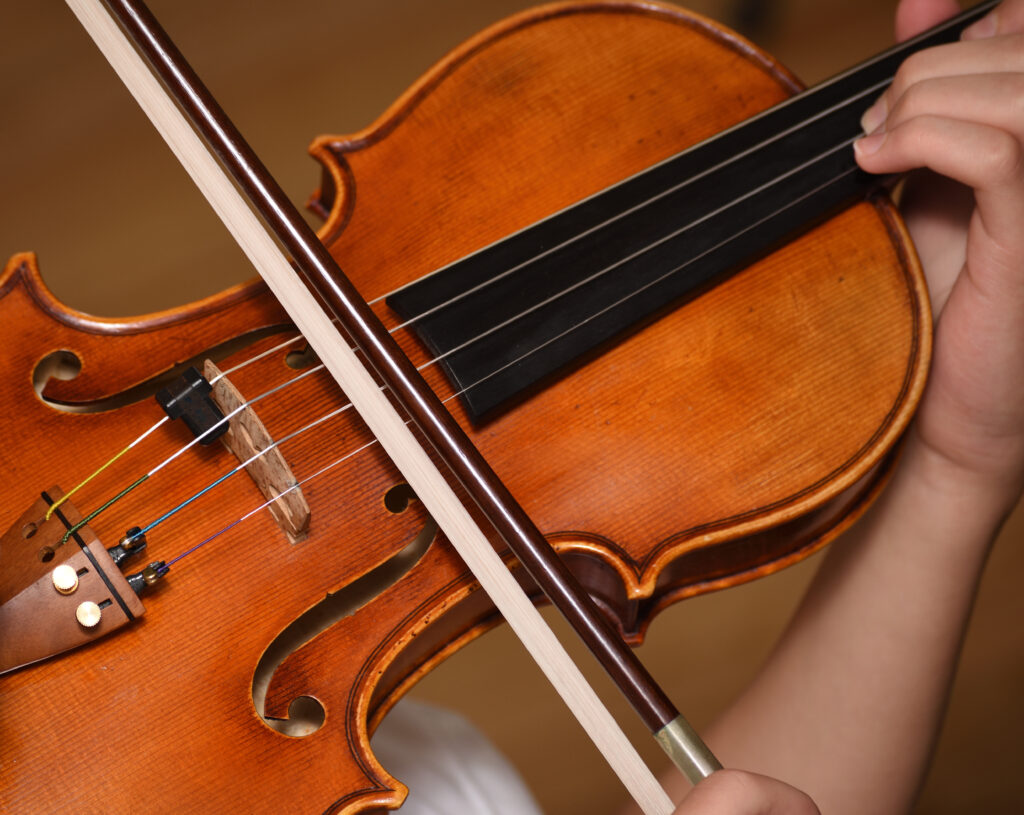Harmony in Motion: The Role of Tribology in the Music World

The art of playing music beautifully is not just about skill and talent; it’s also about how well an instrument is cared for. Just like valve oil and slide cream help brass and woodwind players hit the perfect note, rosin is the behind-the-scenes hero for violinists.
In the hands of a musician, rosin—the sticky substance applied to violin bows – is more than just a tool; it’s a key tribological player. This might sound technical, but it’s really about making sure every pull of the bow across the strings is smooth and produces just the right sound.
Lets jump in to explore how tribology and music are actually closely related!
Many of the worlds leading musical brands including Yamaha and Vincent Bach create their own branded instrument lubricants. These valve and key oils, cork greases and slide creams all play a crucial role in ensuring that musical instruments perform smoothly and consistently for both enthusiasts and professional players.

Woodwind instruments such as flutes, bassoons, and saxophones, along with brass instruments like trumpets and French horns, need a large variety of lubricants. Both families of instruments use valve oil and key oil – frequently the same formula – to make sure the smooth operation of parts that are routinely pressed and released!
For trombones, the slides are treated with either slide oil or a mixture of slide cream and water to maintain fluid movement. French horns are equipped with rotary valves that demand specialised oiling. The majority of brass instruments are designed with a tuning slide that, once adjusted, stays in place, requiring a specific type of grease to maintain it.
Similarly, many woodwind instruments require cork grease, a dense substance made of wax and oils like mineral or lanolin, which is applied to the instrument’s joints to make assembly and disassembly easier, while also preserving the cork’s moisture and extending its lifespan.

These products are crafted to deliver the performance musicians expect, and they also serve to protect against wear and corrosion. Players nowadays seek out lubricants that are long-lasting and free of scents, stains, or residues.
Manufacturers tailor oils and greases to the particular needs of each instrument, offering them in varying viscosities – light, medium, and heavy – allowing musicians to feel an immediate difference in the action of their instruments when using different products.
The leading lubricants in today’s market are synthetic, paralleling the trend in automotive engine oils, because synthetic oils have a prolonged lifespan, reduced evaporation rates, are scentless, and can be specially formulated for any instrument. They are also highly effective across a broad spectrum of climatic and temperature conditions.

The most interesting way tribology influences music is in the way bows, strings and a substance called rosin interact for instruments such as the violin. Rosin is a solid form of resin from pine trees, used by string instrument players to provide friction between the bow hair and strings, allowing the bow to grip the strings and produce sound when played.
When a violinist draws the bow across the strings, the rosin that has been applied to the bow hair provides the necessary friction for the strings to vibrate and produce sound. Without rosin, the smooth surface of the bow hair would slide over the strings with minimal resistance, and the bow would fail to grip the strings effectively.
This would result in a very faint sound or no sound at all. The rosin creates a sticky contact between the bow hair and the strings, allowing the bow to “catch” the string and cause it to vibrate consistently as the bow is drawn across. This process involves a complex interaction between the bow hair, rosin, and string.

As the rosin-coated bow hair grips and releases the string in a rapid, controlled manner, it modulates the kinetic friction between the two, which is vital for the production of sound. The rosin’s properties are such that it enhances this interaction; it is neither too slippery nor too sticky, striking a balance that allows for the controlled generation of sound through friction.
Over time, both the bow hair and the strings will wear down due to the constant friction. Rosin can contribute to the buildup of residue on the strings, which affects their response and eventually necessitates cleaning or replacement to maintain the violin’s sound quality.
At the heart of every musical performance, the right touch of friction and smooth movement is key. For violinists, that comes down to a little block of rosin. For brass and woodwind players, oils and creams are essential for keeping instruments in perfect shape.
Whether it’s making sure trumpet valves don’t stick or making sure a trombone slides smoothly, these little maintenance rituals are part of the performance too. A well-oiled hinge swings easily, a freshly rosined bow sings clearly, and it’s all because musicians know their gear inside and out. The careful maintenance of an instrument is what allows the music to speak for itself.
Ultimately, the craft of keeping things moving right is just as important as hitting the right notes. It’s this harmony between player, instrument, and tribology that brings the power of music to life!
To stay updated with the newest industry insights through our articles and news, click here!
